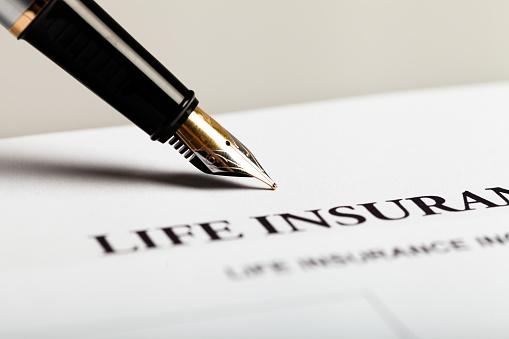Already have a life insurance policy through work? Good- this is an important first step towards protecting your family if something were to happen to you. A life insurance policy on its own, however, probably doesn’t cover all your needs. 
Insurance proceeds could be an important component of your ability to quickly transfer cash assets to your loved ones and provide liquidity when it is needed most. Insurance planning can assist with the payment of expenses, such as estate tax while still protecting your other assets. Incorporating a life insurance plan as an overall component of your estate plan is critical for those who might not have substantial enough assets to pass on to your loved ones.
Having a life insurance policy ensures that your primary and contingent beneficiaries receive access to assets tax-free and in a quick enough manner for them to be able to use them. Buying insurance on your own life can be used to pay the immediate estate tax bill that pops up for your heirs to cope with after you pass away. There are several common life insurance errors that could impact the effectiveness of using life insurance as part of your estate plan.
The first of these is naming the estate as the beneficiary. This means that those proceeds from the estate subsequently get exposed to your creditors and tax liability because technically the estate owns the life insurance policy. In the event that the estate is listed as your beneficiary, the executor will also have more work to do in terms of paperwork. Putting your life insurance in the file and forget folder, naming only one beneficiary are some of the other mistakes that wind up costing you or loved ones.
Ready to talk about how to incorporate all your plans together? Speak with our Pasadena estate planning office now.










